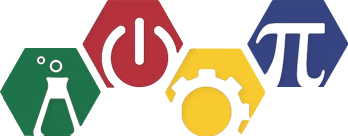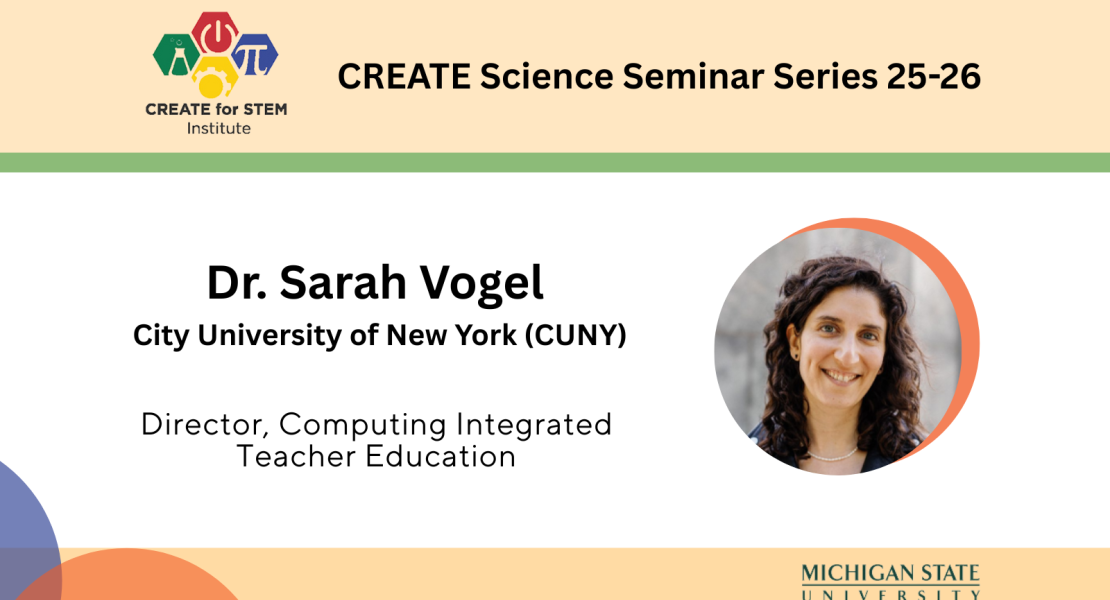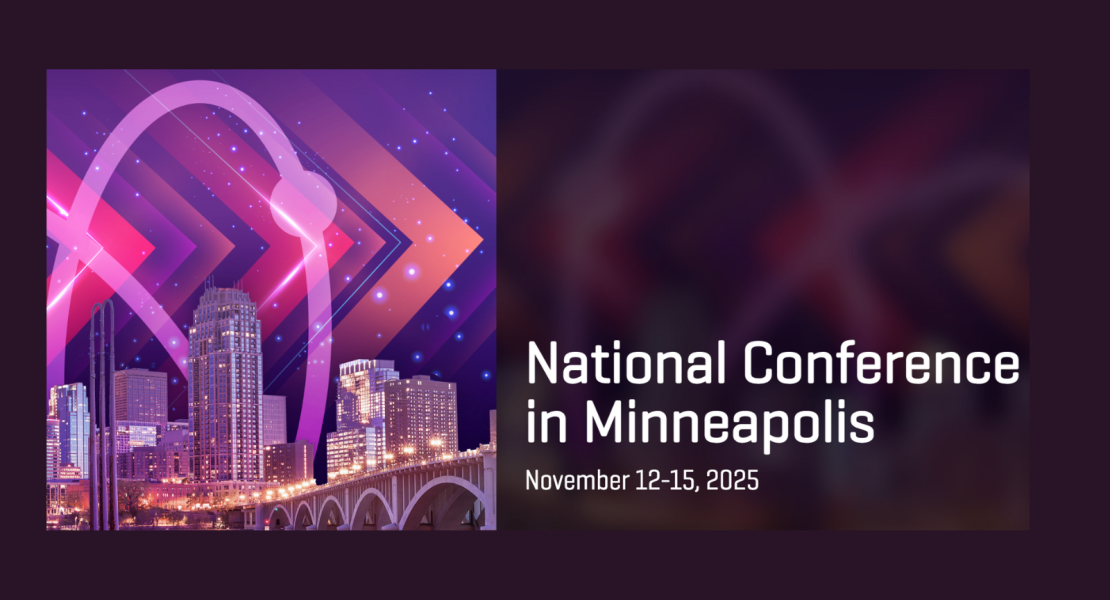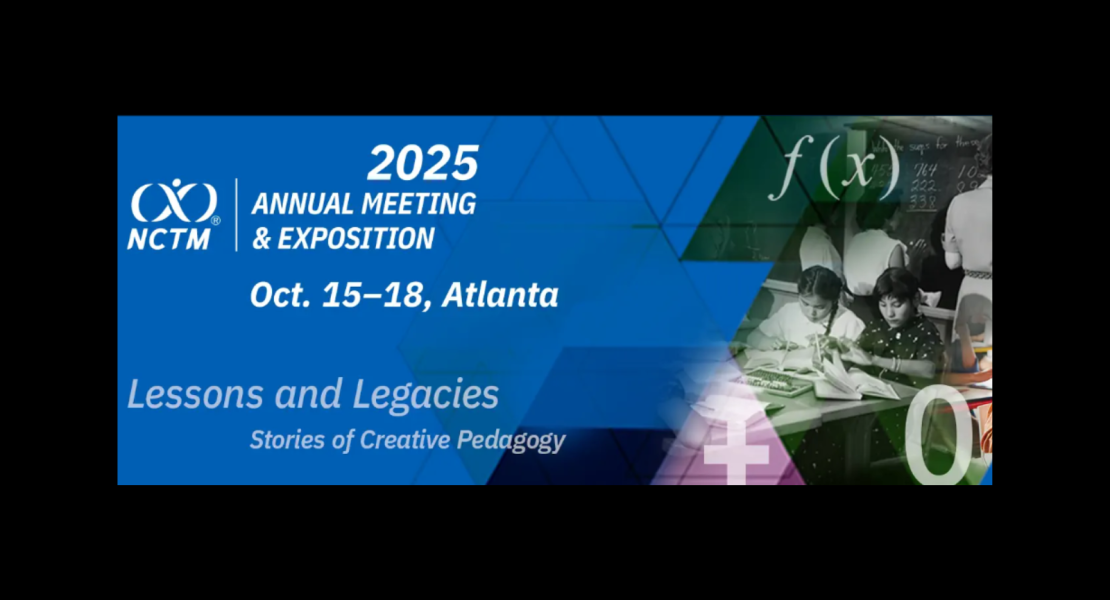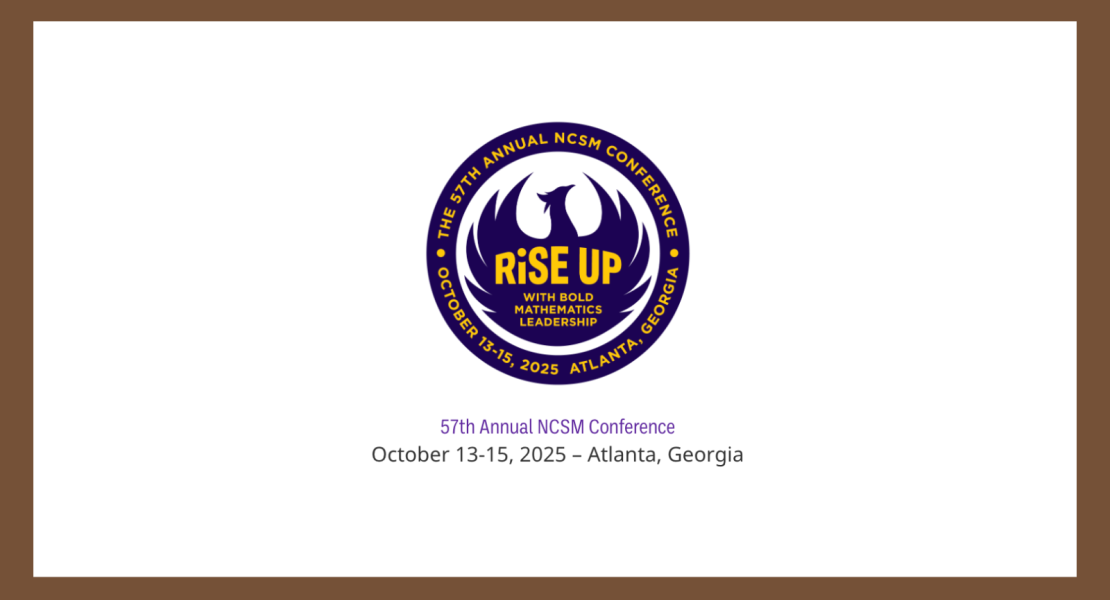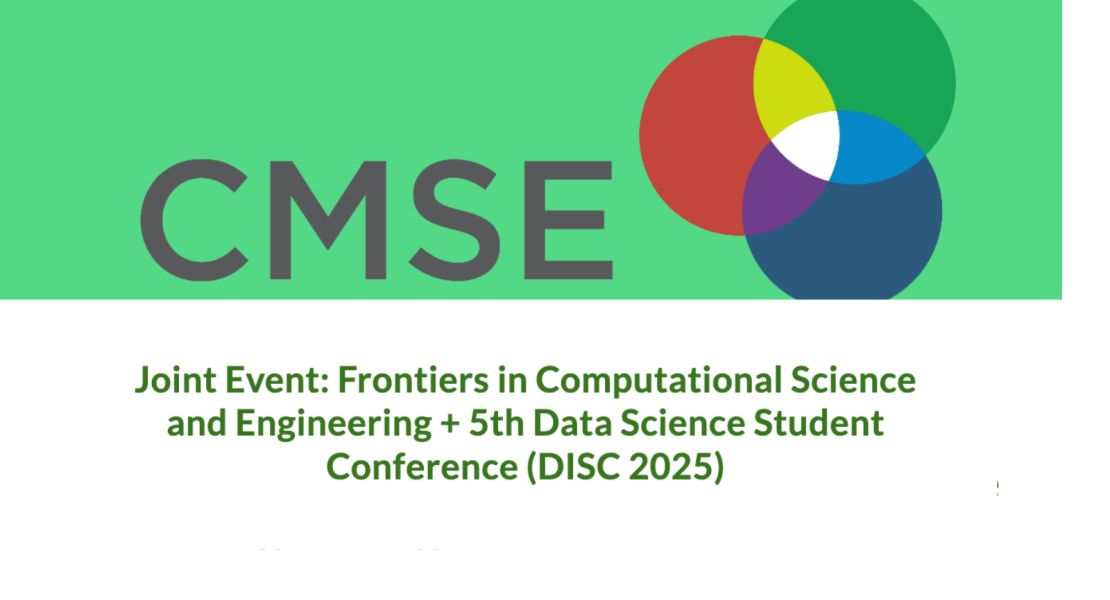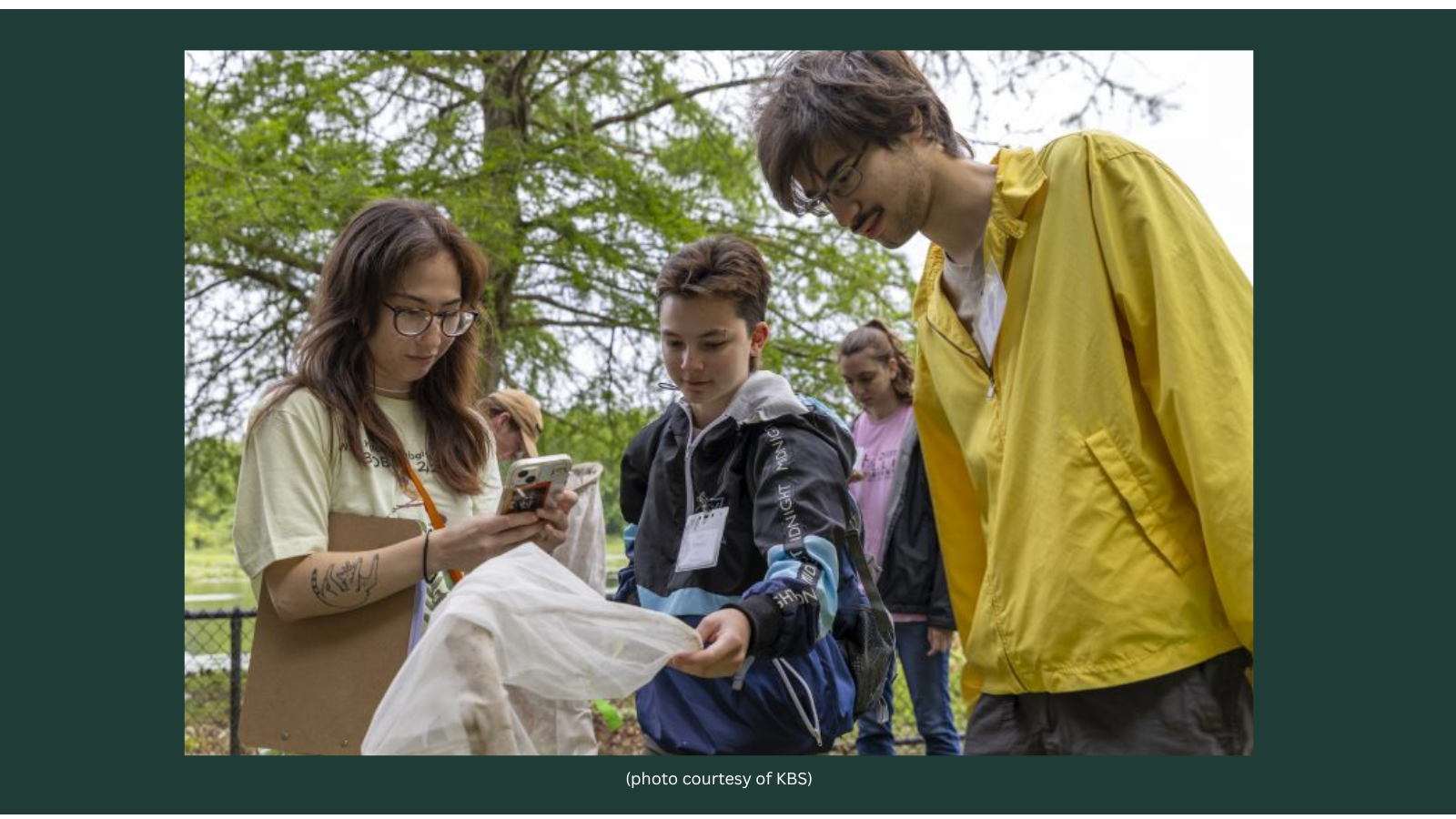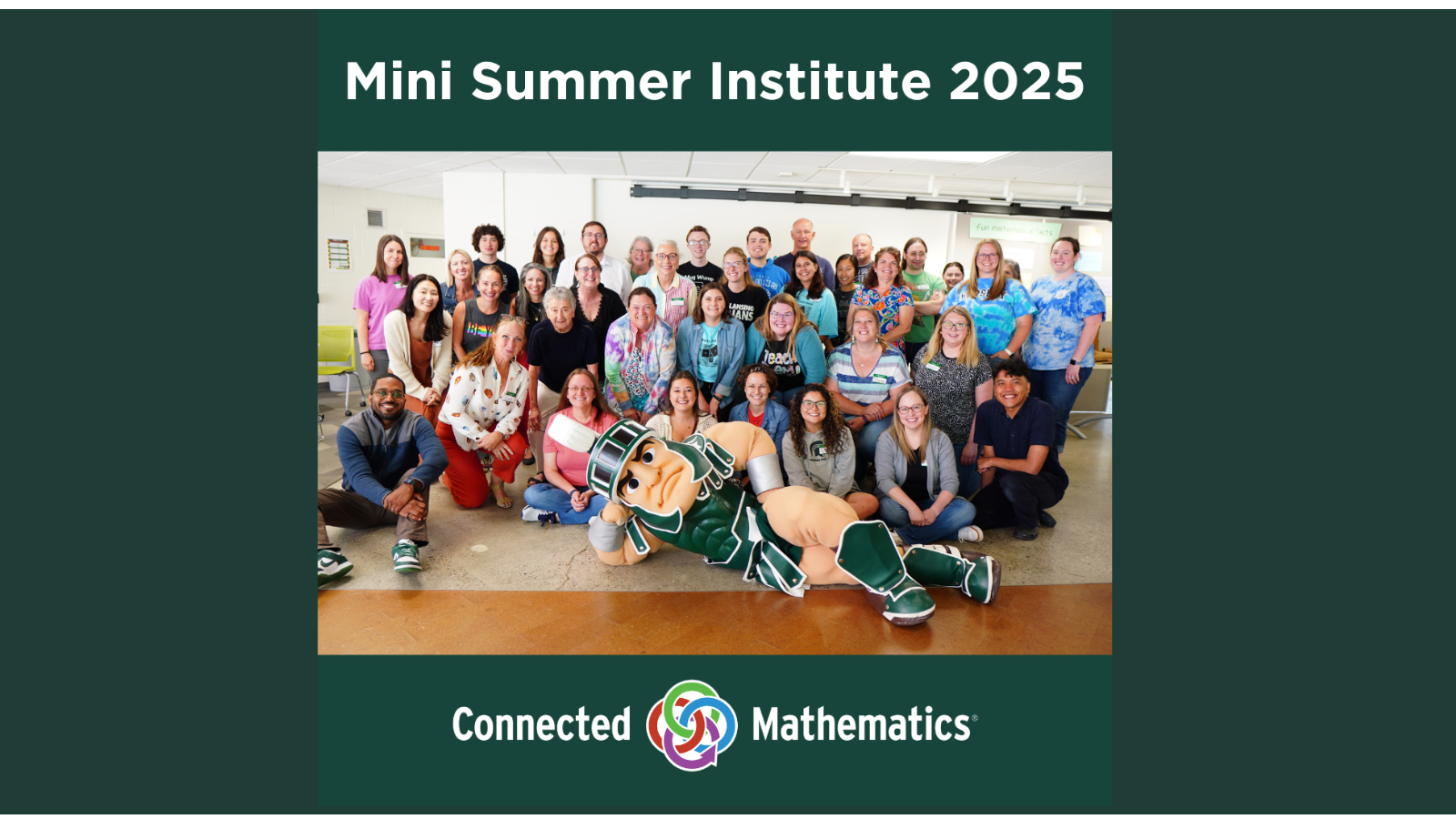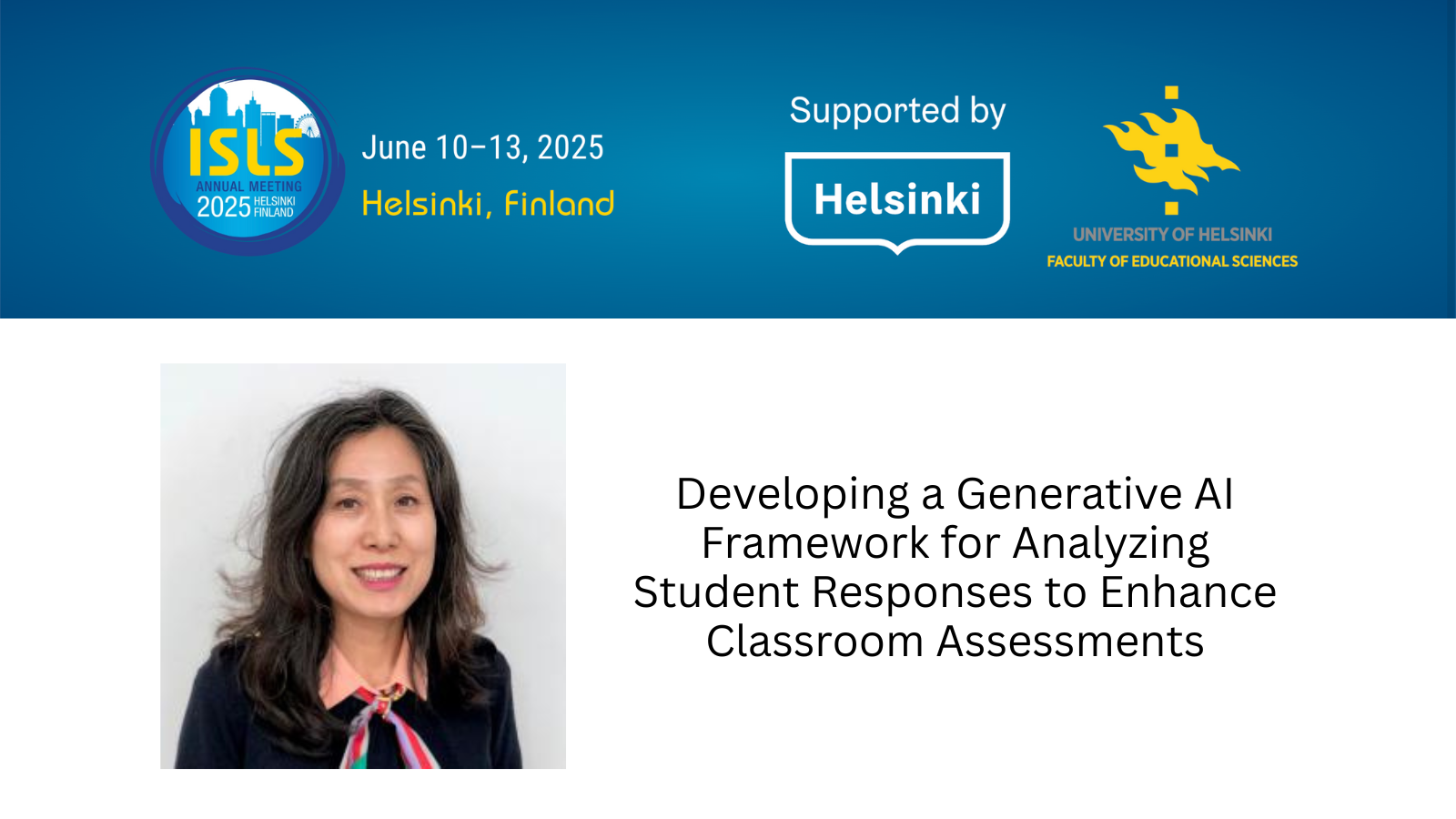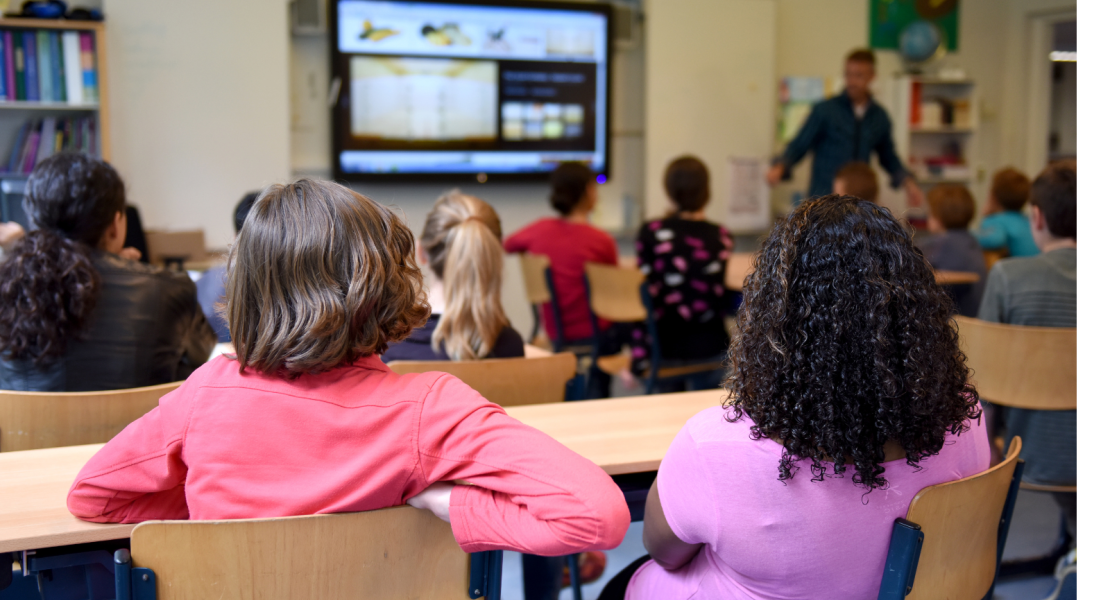
Feed
NSTA National Conference, November 12-15, 2025
National Council of Teachers of Mathematics 2025 Annual Meeting, Atlanta, GA, October 15–18.
Calling all mathematics teachers! This year’s National Council of Teachers of Mathematics will honor the historical and contemporary contributions of mathematics educators to classrooms and communities. Together, we’ll celebrate and elevate the creative teaching practices that have transformed math learning for each and every student.
The NCTM 2025 Annual Meeting & Exposition offers a valuable opportunity to learn about the latest topics and trends in mathematics education, improve instructional practice, network, and much more.
57th National Council of Supervisors of Mathematics Annual Conference
Celebrating a Decade of CMSE Excellence & Empowering the Future of Data Science
Kellogg Biological Station holds third annual 'BioBlitz'
CMP4 Mini Summer Institute 2025 Reflections
On June 25-26, 2025, the CMP team hosted educators at Michigan State University's Wells Hall for a two-day Connected Mathematics 4 (CMP4) "Mini" Summer Institute.
Scaling PBL to Transform Elementary Science Learning in the Deep South
Project Director: Dr. Namsoo Shin, Michigan State University
Project Partners: Alabama A&M University, Accelerate Learning, Inc., and WestEd
Funder: Education Innovation and Research (EIR), U.S. Dept. of Education
Award Amount: $10M
